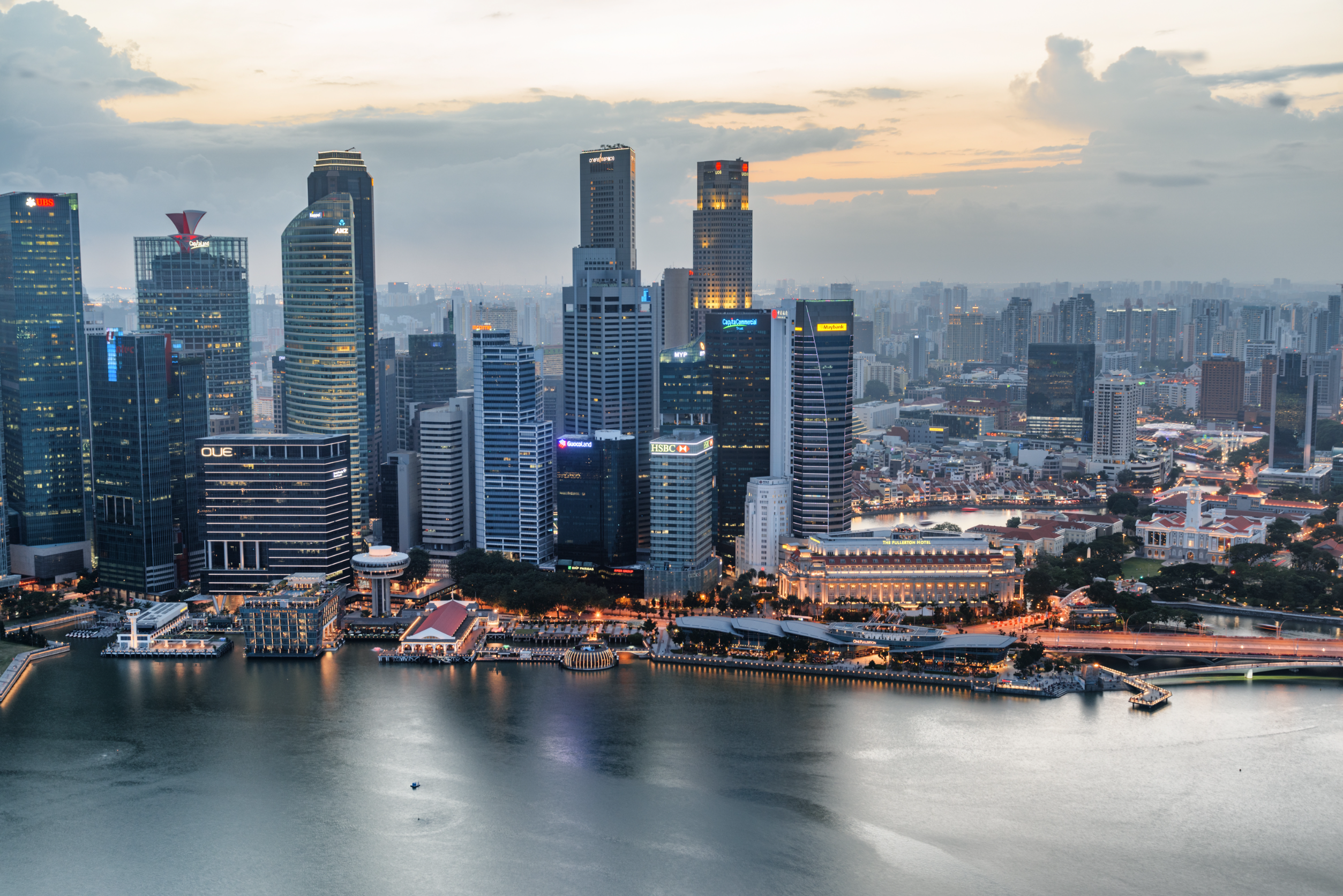Singapore unveils SkillsFuture overhaul and Workfare enhancements

To bolster the nation’s workforce resilience and tackle economic inequalities, Singapore’s Deputy Prime Minister Lawrence Wong, who is also the country’s Finance Minister, has unveiled a series of significant updates to Singapore’s SkillsFuture programme and Workfare Income Supplement scheme.
The cornerstone of the announcements made as part of Singapore’s Budget 2024 is the introduction of a new SkillsFuture Level-Up Programme aimed at supporting mid-career employees.
Under this initiative, all Singaporeans aged 40 and above will receive a S$4,000 (US$2,971) SkillsFuture credit top-up in May, with younger citizens set to receive the same amount upon reaching 40. This top-up is earmarked for selected training programmes, emphasising part-time and full-time diploma, post-diploma, undergraduate courses, and training for sectors adhering to the Progressive Wage Model.
Moreover, the government will extend subsidies to enable individuals aged 40 and above to pursue full-time diplomas at polytechnics, Institute of Technical Education, and arts institutions starting from the 2025 academic year. This move underscores Singapore’s commitment to lifelong learning and upskilling, providing avenues for career progression even after the initial completion of education.
And to alleviate the financial burden associated with training, Singaporeans aged 40 and above enrolling in selected full-time courses will also receive monthly training allowances. These allowances, equivalent to 50% of the individual’s average income over the past 12 months, are capped at S$3,000 (US$2,228) per month and can be availed for up to 24 months throughout their lifetime.
The revamped SkillsFuture initiative comes at a crucial juncture as Singapore grapples with ongoing technological disruptions and a changing employment landscape. Wong stressed the importance of adapting to rapid technological advances, highlighting the necessity for employees to refresh their skills and embrace new technologies effectively.
READ MORE: More support called for retrenched employees in Singapore
Furthermore, to address economic disparities, enhancements to the Workfare Income Supplement scheme were announced. Low-wage employees earning S$3,000 (US$2,228) or less per month will now be eligible for the scheme starting from January 2025, up from the previous qualifying salary of S$2,500 (US$1,856). The enhancements, benefiting around half a million Singaporeans, include larger payouts and expanded coverage.
Additionally, measures were introduced to incentivise organisations to prioritise local employment and raise wages. Organisations hiring foreign employees will be required to pay locals higher salaries to keep pace with wage growth, with adjustments to minimum hourly rates and the local qualifying salary. The government will provide increased support for organisations raising the wages of low-income employees, with up to 50% co-funding of wage increases for 2024 and a raised wage ceiling for qualifying for co-funding in subsequent years, reported CNA.



